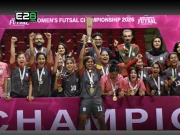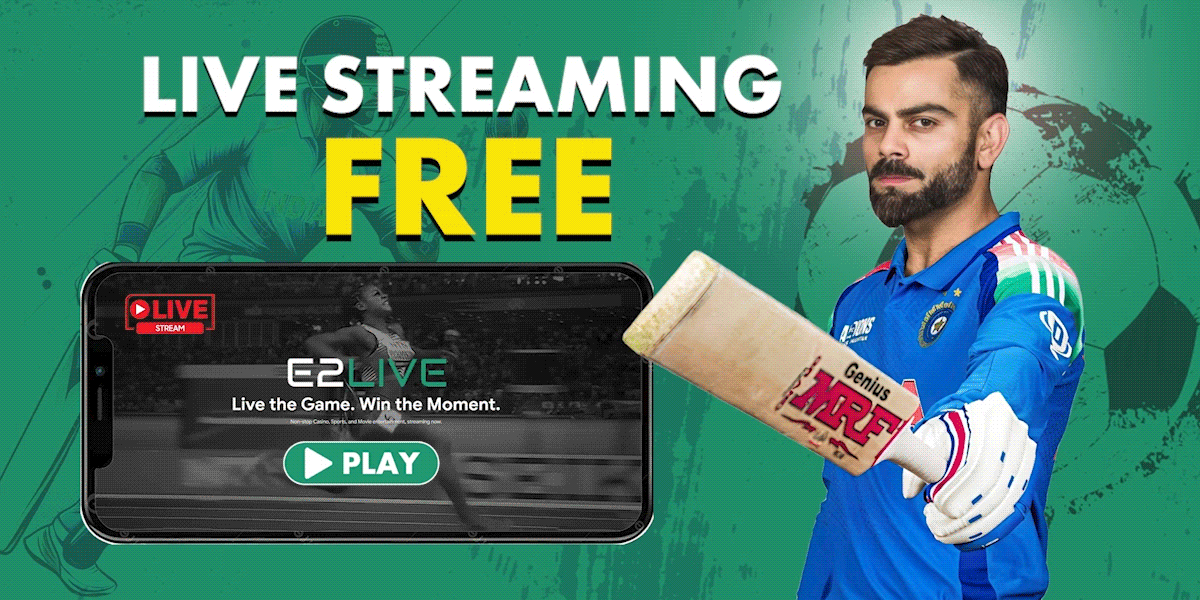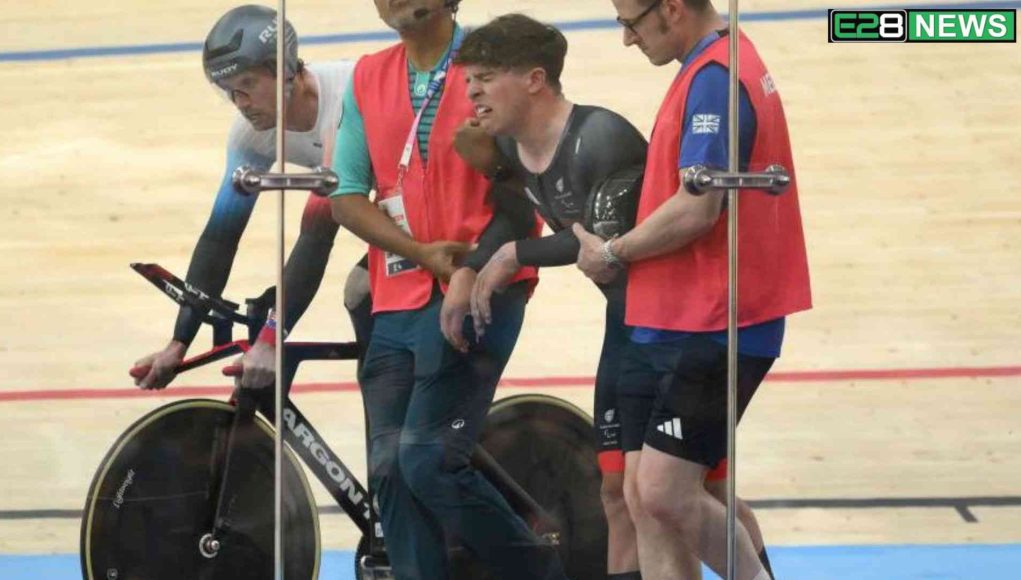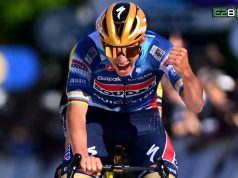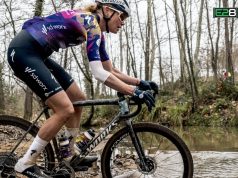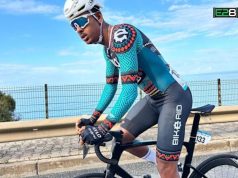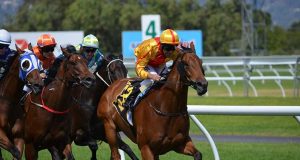Archie Atkinson was close to winning a Paralympic gold medal, leading the C4 4,000m individual pursuit by five seconds in Paris last summer with just one lap left.
However, the Para-cyclist had given everything and was visibly exhausted. With 250m remaining, he collapsed on the velodrome floor, allowing Slovak Jozef Methelka to take an unexpected gold.
The 20-year-old Briton still struggles to look at his silver medal and admits he keeps it hidden under his bed.
“The weeks after were really tough. I kept having dreams about it,” Atkinson told BBC Sport.
“With neurodiversity, you tend to fixate on things, and for me, that was my crash in Paris. It wasn’t a good feeling—I couldn’t stop thinking about it.
“I hid my medal away because I felt ashamed, which is quite upsetting.”
Sport Gave Me Freedom
Atkinson was diagnosed with autism and ADHD at age 10, and six years later, doctors confirmed he also had cerebral palsy.
“I’m more than just a label,” he said. “I am my own person, and you can achieve anything, no matter what challenges you have.”
He describes being neurodivergent as both a strength and a struggle.
“It’s a blessing because you can develop intense focus on special interests,” Atkinson explained. “For months, I might be obsessed with aerodynamics, numbers, or sprinting—completely focused until I master it.”
School was tough for Atkinson, and he faced bullying, especially when videos of him playing Para-football spread on social media.
“Some people take it to the extreme,” he said. “They don’t like that you’re autistic or different and treat you unfairly.”
He also struggled in PE. At first, he wasn’t chosen for teams because people assumed his autism would make him a poor player.
“After a few years, they realized I had talent and started picking me,” he said. “But it didn’t feel great to be judged like that.”
Despite these difficulties, Atkinson never gave up on his love for sports and eventually found his passion in Para-cycling.
“I think many neurodiverse kids struggle with sports,” he said. “If schools focused on helping those with additional needs, it would make a huge difference.”
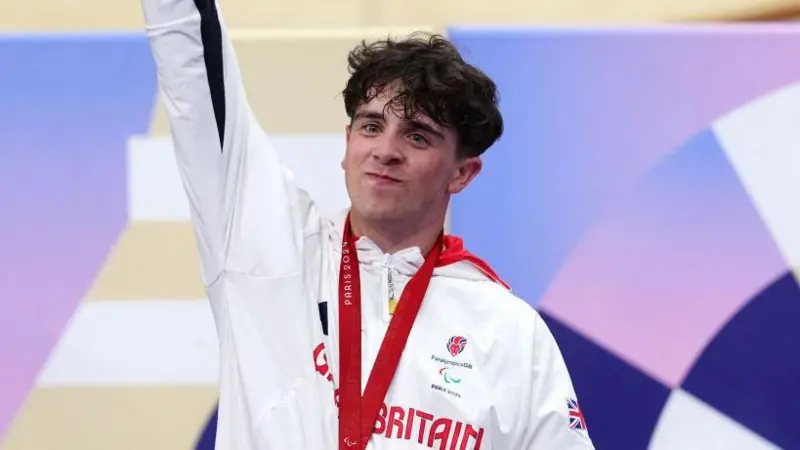
He believes that being neurodivergent can be an advantage in elite sports, allowing athletes to develop deep focus and determination.
For Atkinson, physical activity became a way to cope with challenges.
“Sport was my escape,” he said. “If I had a bad day at school, I’d play football, ride my bike, or just run around—it made me happy and free.”
Atkinson’s first experience with a velodrome came when he was just 10 years old, guided by Sir Chris Hoy.
This opportunity arose when the six-time Olympic champion introduced children’s bikes in collaboration with a retailer where Atkinson’s father worked.
“It was quite intimidating,” Atkinson said, recalling how small he felt while seeing the steep banking of the velodrome. “It was really scary. And then hearing him say, ‘oh, there are no brakes!’ made me terrified of falling off.”
But after overcoming the initial fear, he began to enjoy it. “This is quite fun,” he thought, and it opened up a whole new world for him.
Atkinson kept cycling for fun, but in 2021, while out riding with his father, he met double Paralympic gold medalist Ben Watson, which changed his life.
He realized he might be eligible for Para-cycling and, after undergoing power tests, was accepted into the British Cycling Foundation Pathway.
A year later, he was promoted to the world-class performance program.
In a short time, Atkinson has earned a Paralympic silver medal and multiple world champion medals, both on the track and road, and he is aiming for more.
This summer, the Para-cycling Road World Championship will be held in Belgium, where he is focusing on the time trials.
He added that winning “every title in the track events” would boost his confidence for the 2028 Los Angeles Paralympics.
“Heartbreak in Paris to success in LA. I think it’ll make a nice story,” he said.




